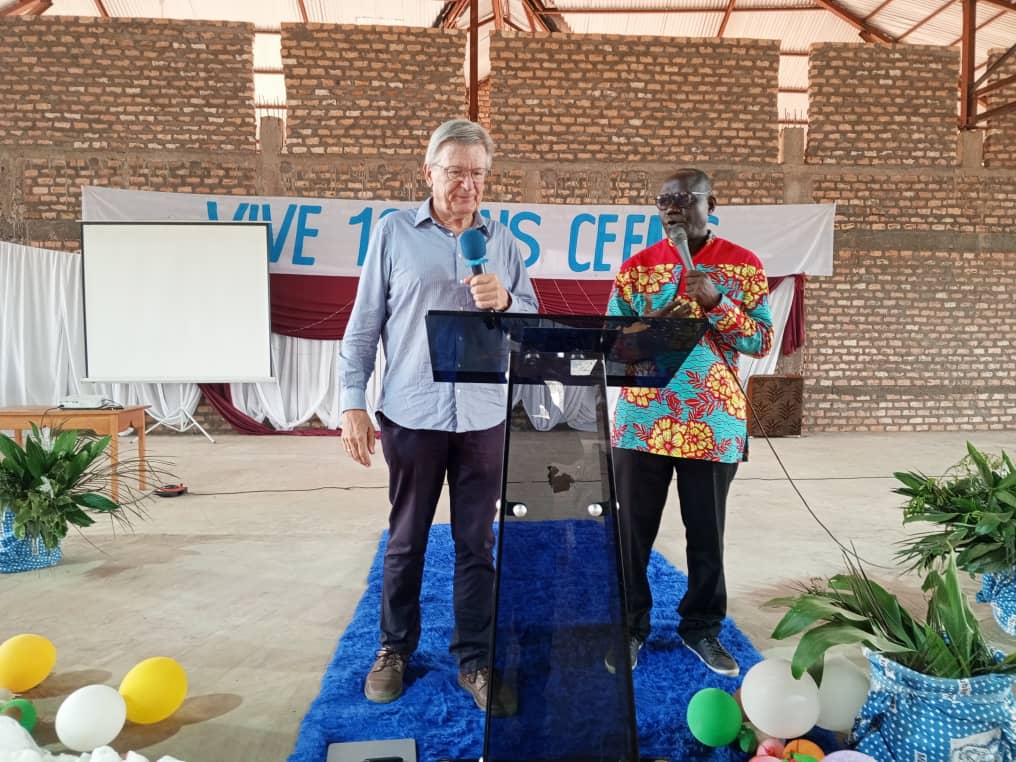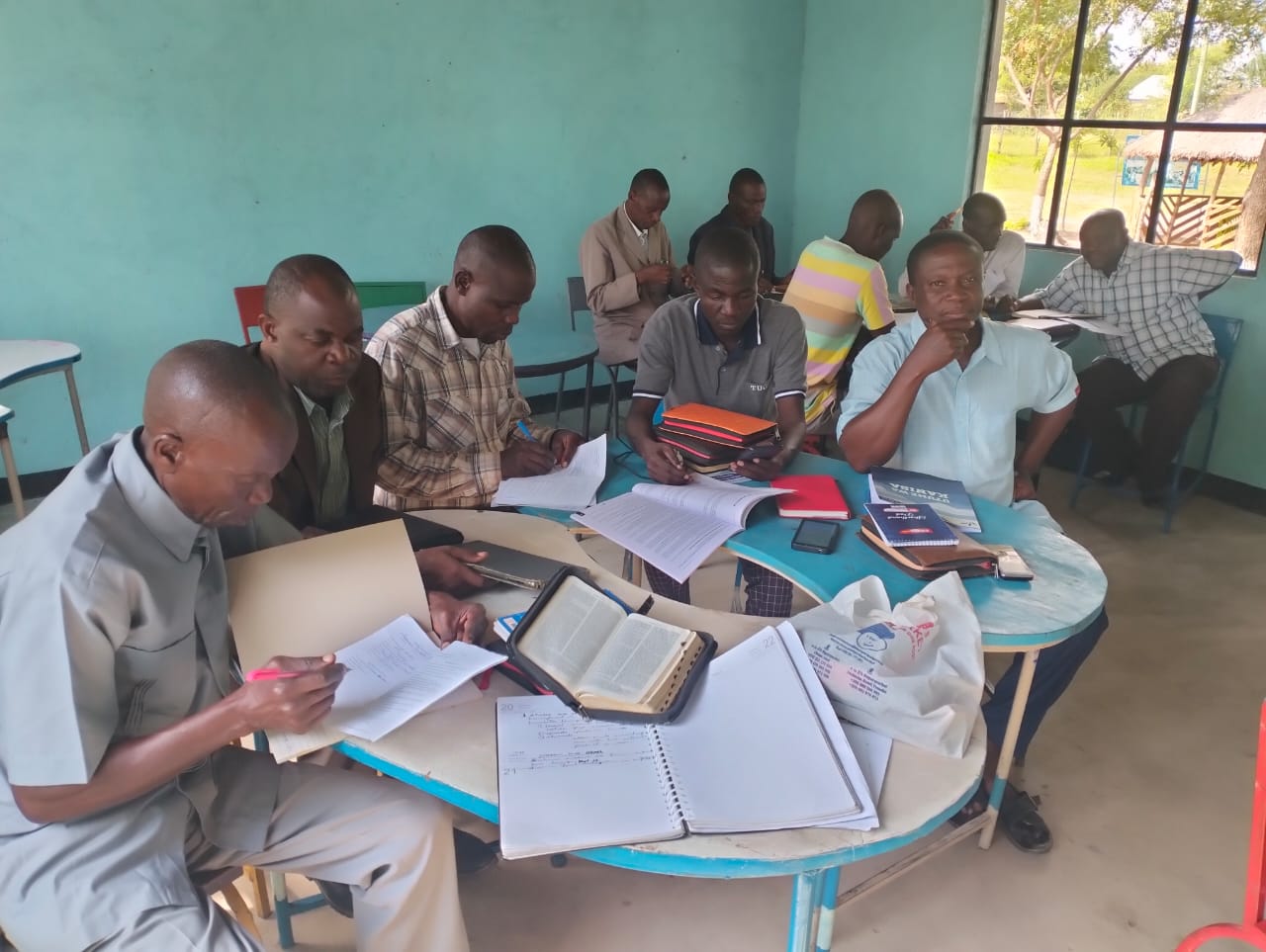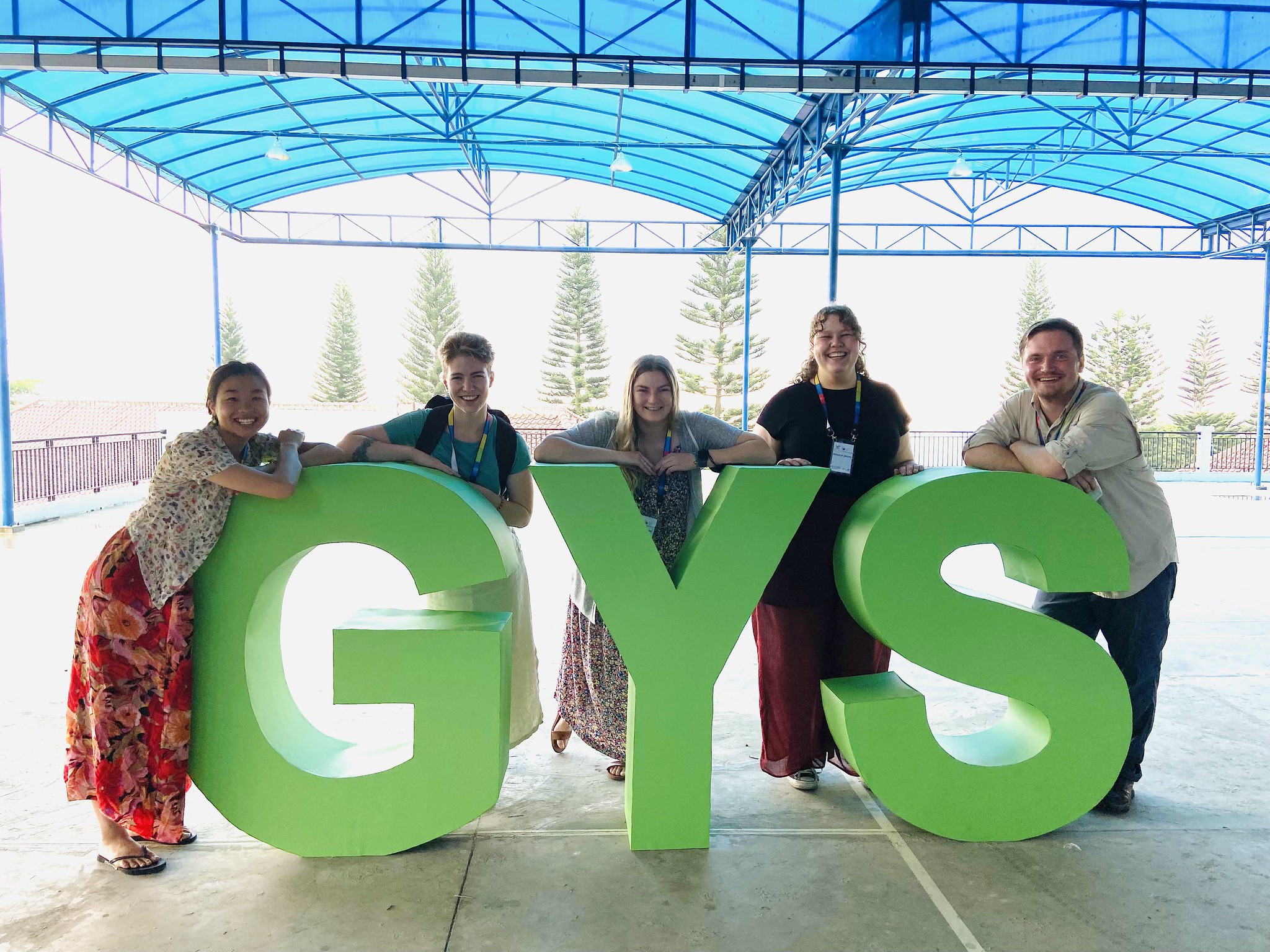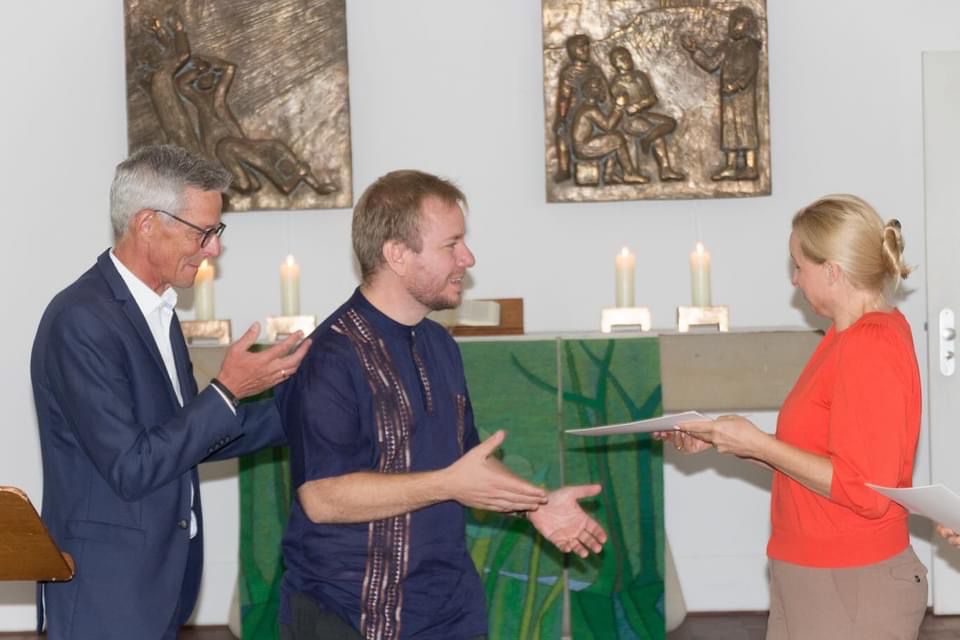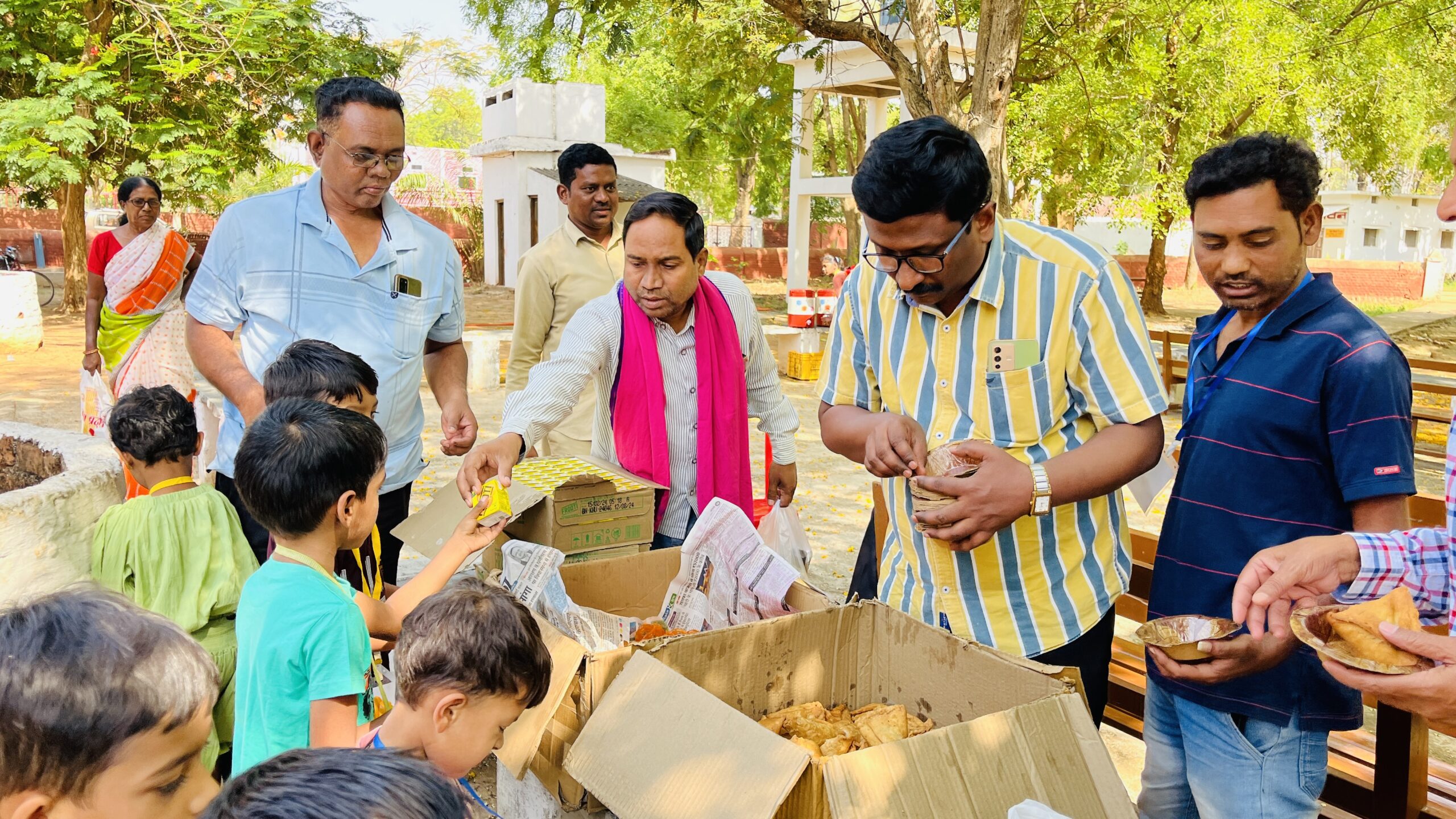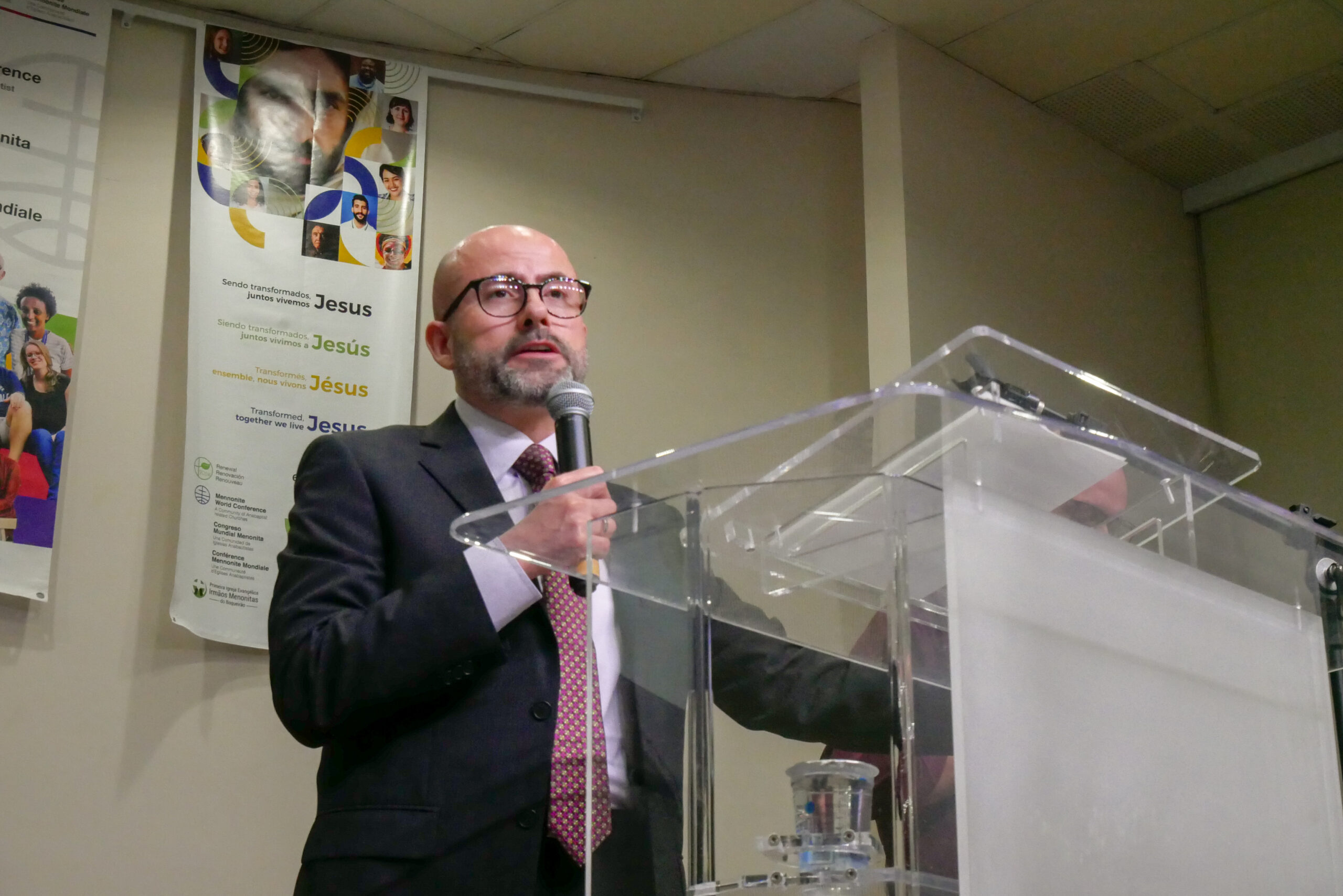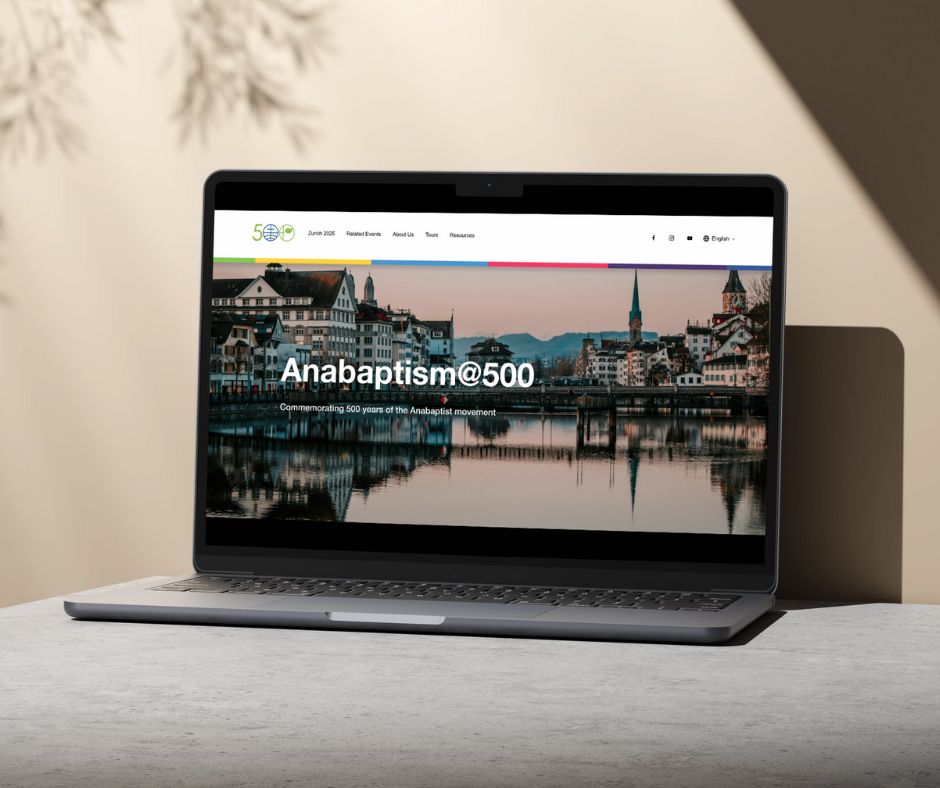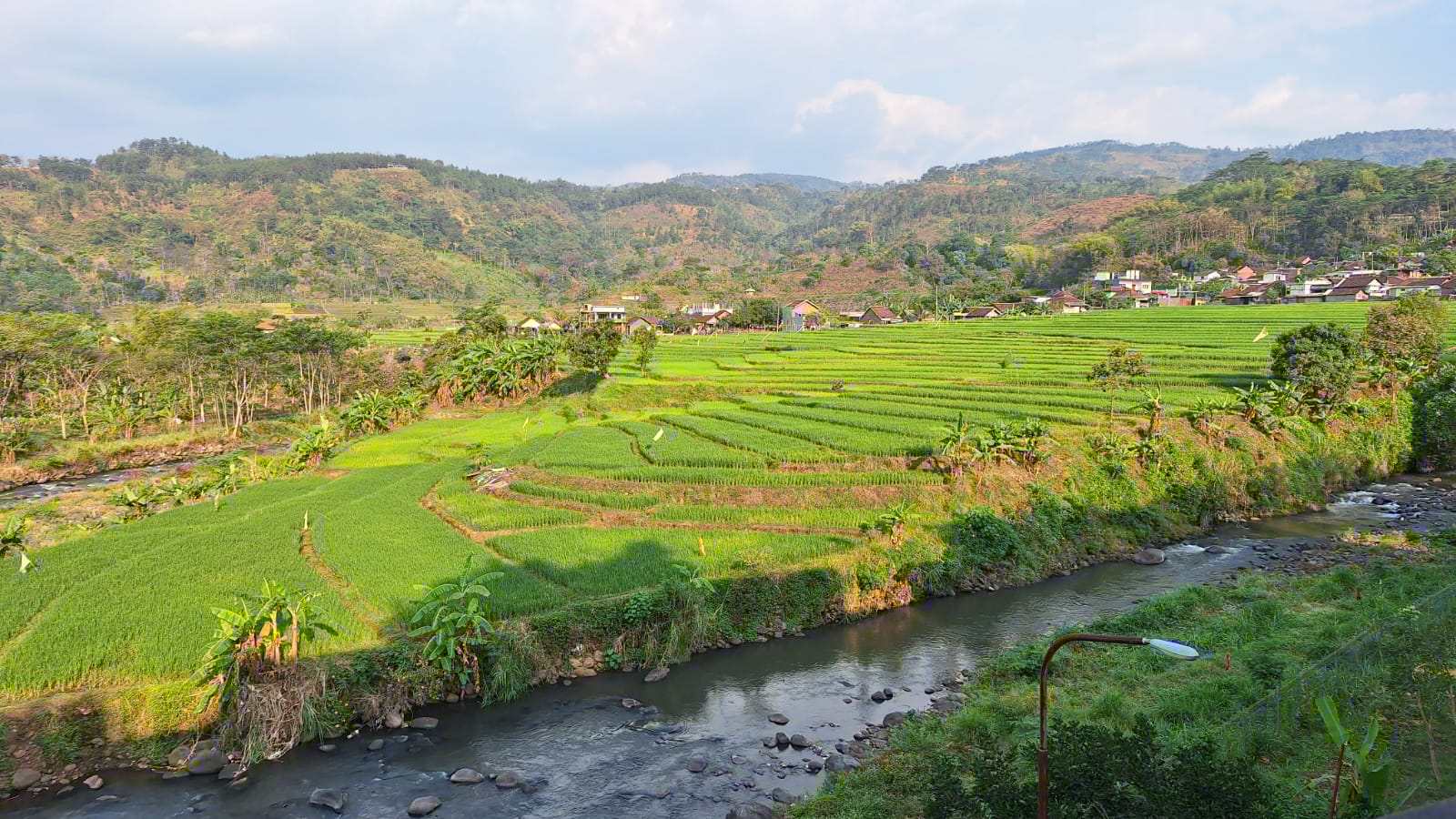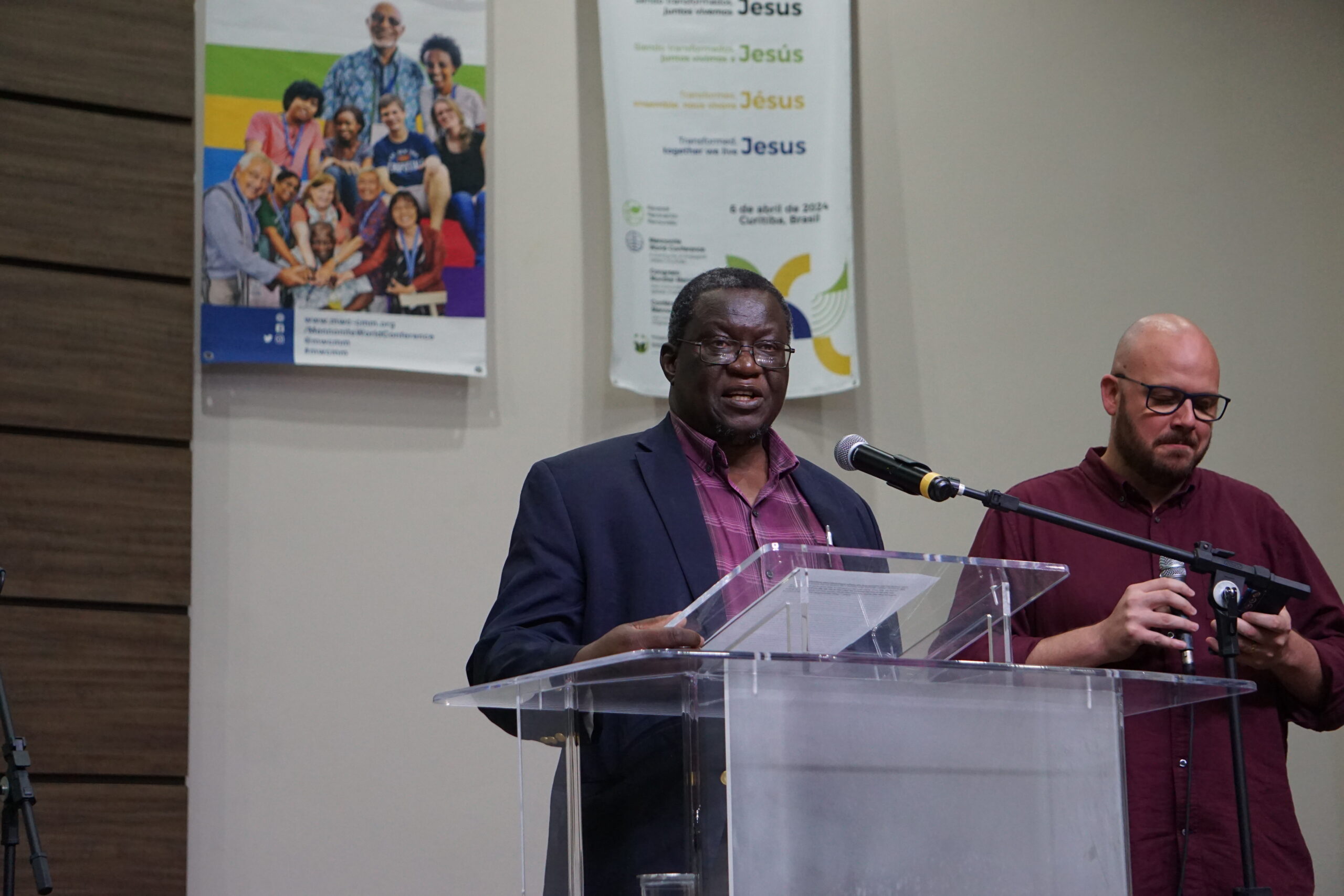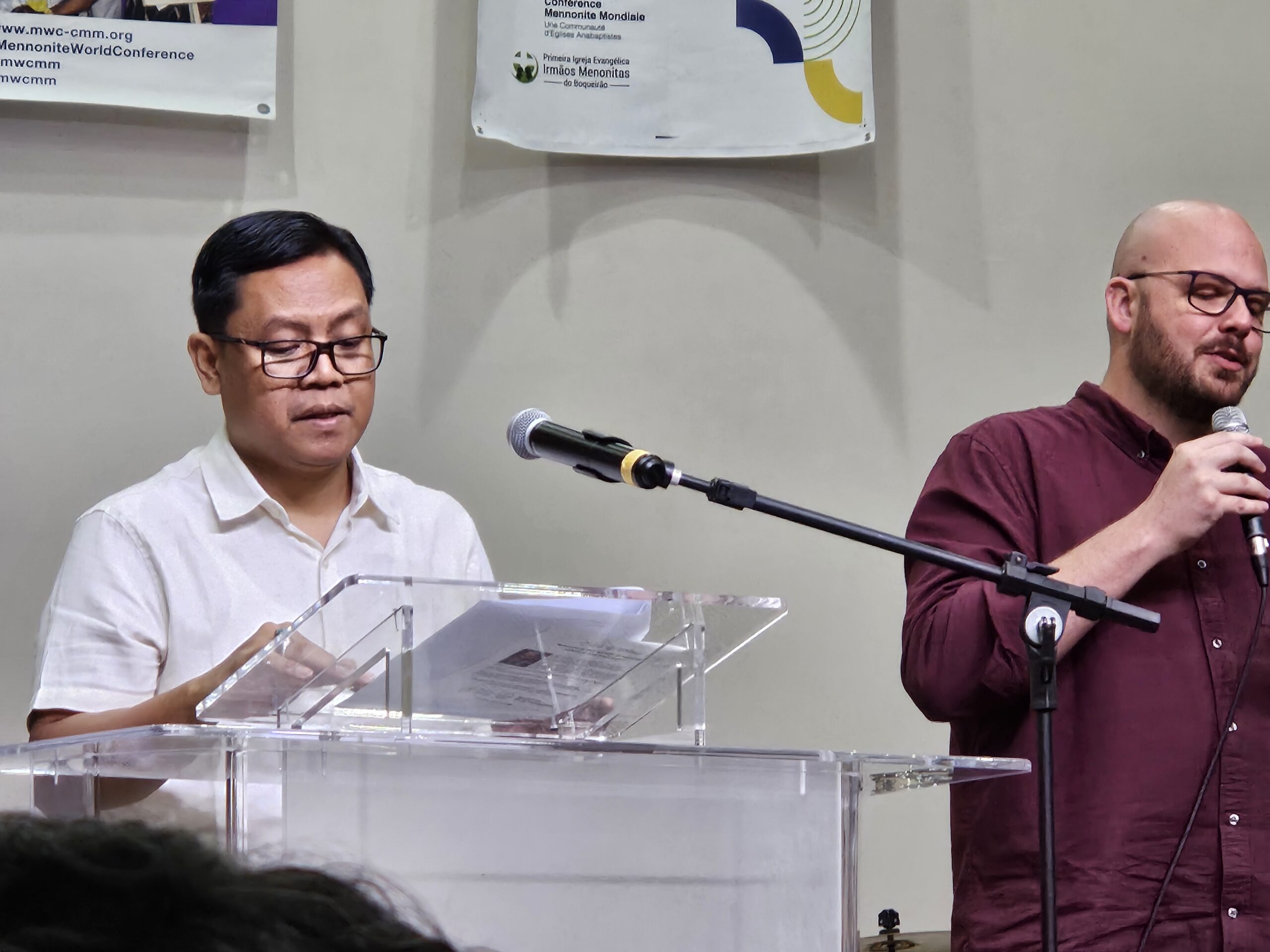-
We are one
Evangelism rallies, energetic music and dancing all day; witnessing, altar calls with a dozen respondents. Praying is loud, through tears or joy. You can feel the enthusiasm. I was heartily welcomed by the Mennonite Brethren church in DR Congo to celebrate their 100th anniversary in August 2024. The multiday event was held in a big…
-
Read the Bible around the world!
You are invited to participate in a Scripture read-a-thon. To commemorate the 500th anniversary of Anabaptism, MennoMedia has commissioned a new English study Bible. To celebrate its release, MennoMedia and Mennonite World Conference are collaborating on a three-day video stream of Bible reading on YouTube. Beginning on 18 January 2025, the Global Anabaptist Bible Read-a-Thon…
-
Investing in young adults is key
“Investing in young adults is a key way to move forward. Mennonite World Conference is the best way I can imagine to do that,” said Doug Klassen, executive minister of Mennonite Church Canada and the North America representative on MWC’s Executive Committee. The member church of Mennonite World Conference puts its money where its mouth…
-
Revenge songs then and now
What do music star Shakira and biblical prophet Deborah have in common? In a special service on 6 September 2024, Riki Neufeld explored revenge songs through a peace lens with the Mennonite congregation in Hamburg-Altona, Germany. The Center for Peace Theology at University of Hamburg, Germany, and the congregation awarded the Menno Simons Sermon Prize…
-
Prayer: To hope and act with creation
The Season of Creation, an annual ecumenical initiative, concludes with the feast of Saint Francis of Assisi on 4 October. Inspired by his Canticle of Creatures and Romans 8:19-25, this prayer invites us to praise, repent and lament, and then “to hope and act with Creation”. God, Creator of heaven and earth, We praise you…
-
Grieving a year of increasing violence in the Middle East
A pastoral letter on October 7, 2024 Beloved brothers and sisters of the global Anabaptist/Mennonite communion: With heavy hearts, we mark the one-year anniversary of terrible events that signalled the beginning of a new cycle of violence in the Middle East. We are heartbroken at the number of lives taken a year ago and since.…
-
Counting on love
In 2025, the global Anabaptist movement looks back over 500 years of existence. Mennonite World Conference invites all to a major event on Ascension Day,29 May 2025, in Zurich, Switzerland. Even as we look back on a long past, the focus of the commemoration is on the current reality of the Anabaptist movement. Who are…
-
Sharing of gifts with other church communions
“Being chair at the Conference of Secretaries of Christian World Communions is a role of service. It is a role where you serve other secretaries by preparing the agenda, logistics and materials for our meeting, and leading and facilitating robust discussions on matters critical to the global Christian church today,” says MWC general secretary César…
-
500th anniversary website revealed
“Anniversaries are a time to stop and reflect: we remember where we have come from, consider who we are today and anticipate where God is calling us to be,” says César García, MWC general secretary. “The courage to love” is the theme for Mennonite World Conference’s anniversary year in 2025. For more information on MWC’s…
-
Faithfulness in action
The environmental crisis and our mandate to care for creation A word of encouragement from the MWC Faith & Life Commission and the Creation Care Task Force. Part 2 of 2 “Creation care” is taking on ever-increasing urgency. The news reminds us daily of alarming changes in our climate. We are witnessing terrible violence against…
-
The power of God at a funeral wake
Africa One of the events that bring people together among our people are funeral wakes and funerals. Sometime last year, we had one of our church leaders have his wife taken to be with the Lord. It was a challenging time not only to the man, his family and the church, but the community as…
-
Discipleship in the family
Indonesia My wife and I have pastored together for 25 years at a church in downtown Jakarta with a congregation of around 250 people. We really enjoy our ministry’s call to grow together with the congregation we pastor. We have one daughter who is now in her sixth semester of medical school preparing to become…
